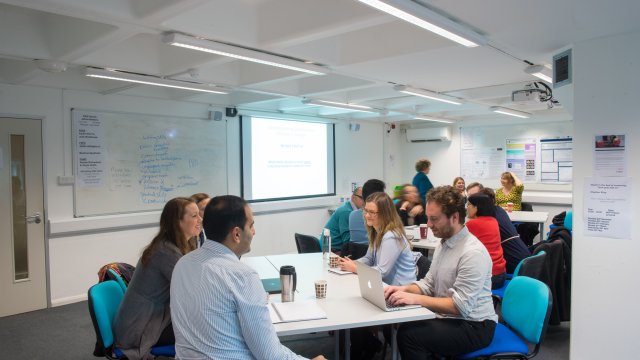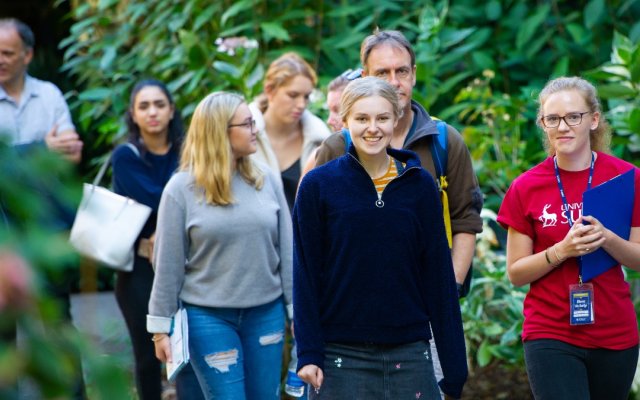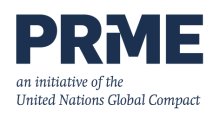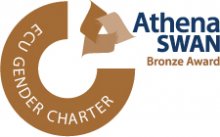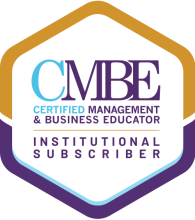Surrey Business School
Incubating vibrant futures
We drive positive change and shape brighter futures for businesses and society. Our innovative programmes are designed to cultivate responsible, visionary, and transformative leaders, experts, and changemakers. We lead societal progress through impactful research, strategic partnerships, and active engagement with key stakeholders, contributing to the achievement of UN SDGs.
Welcome to the School
Our vibrant student community is at the heart of everything we do. Learn more about our career support, placement opportunities, the international community, extra-curricular activities and research.
Study with us
Our specialisms include the study of digital advances, leadership, organisational behaviours and sustainable enterprise.
Research
We are investing in pioneering research because we are dedicated to improving business practice and creating a sustainable and positive change. By blending the rigour of high quality impactful research and the strengths of a technology-led university, we are delivering solutions which are relevant in these rapidly changing times.
Events
Our staff members
Professor Iis Tussyadiah
Dean of Surrey Business School
Accreditation and memberships
We are accredited by both the Association to Advance Collegiate Schools of Business (AACSB) and the Association of MBAs (AMBA). Institutions that earn accreditation confirm their commitment to quality and continuous improvement.
We are a signatory of the UN Principles for Responsible Management Education (PRME). The Athena SWAN Bronze Award recognises the work Surrey Business School has undertaken to create an inclusive culture that values all staff.
We also have memberships with the Chartered Association of Business Schools (CABS) and the European Foundation for Management Development (EFMD)—organisations committed to the development of business schools and management education.
Our programmes are also endorsed and accredited by relevant professional bodies.

